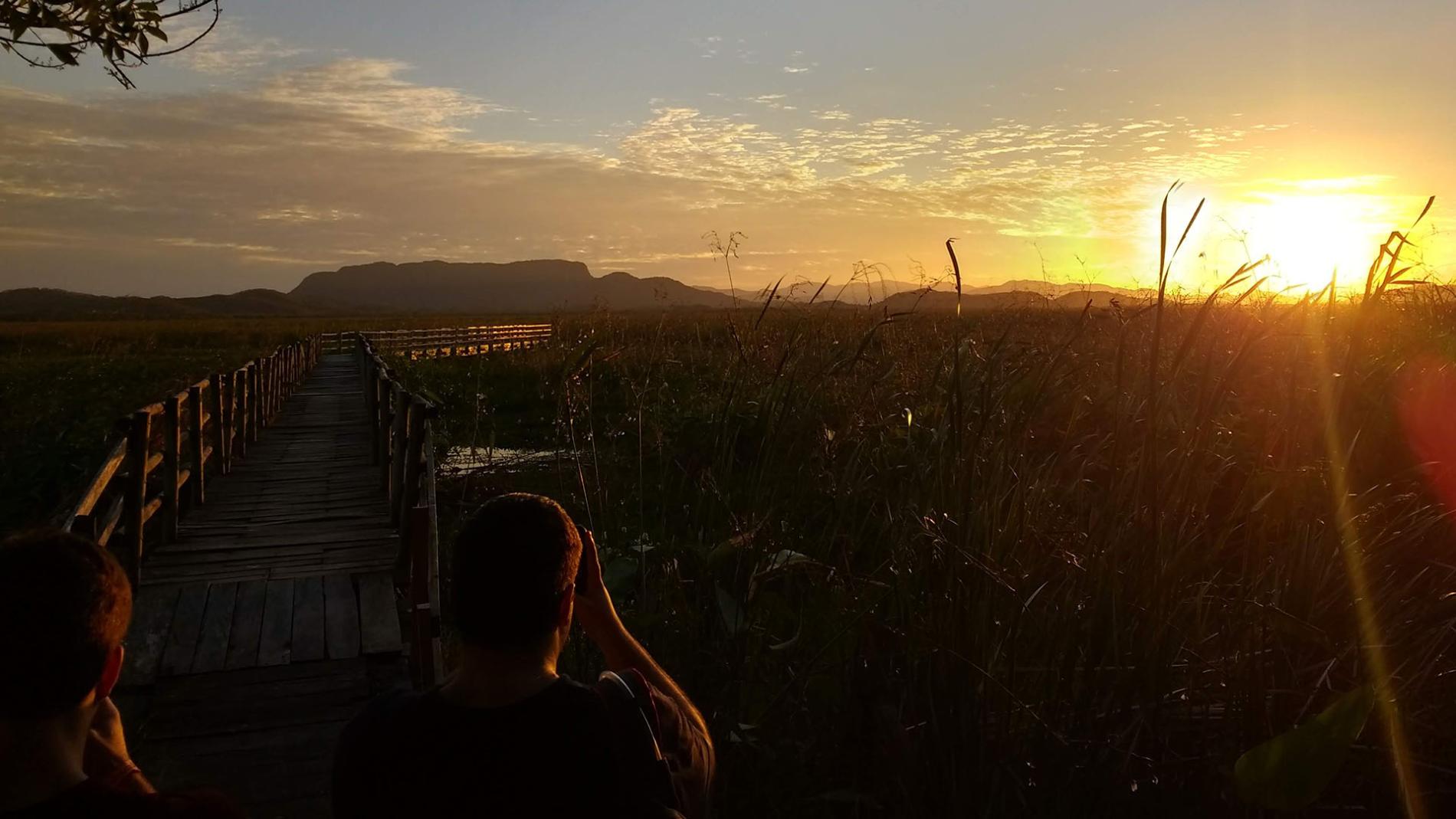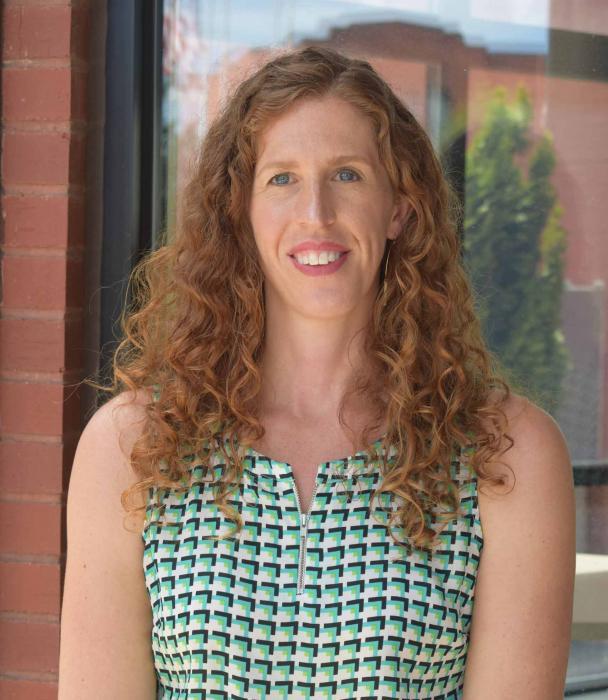Palo Verde National Park
We have wrapped up our trip to Costa Rica for the first ever International Tropical Field Research Course. We saw an amazing diversity of habitats and animals, as well as learned about sustainable agriculture and the culture of Costa Rica. We finished our trip with several days at the Palo Verde National Park. Palo Verde is a very different habitat to the location we started in. The climate here is hot and dry, resulting in a tropical dry forest, rather than a rainforest. We explored the park through several hikes. We took a boat trip on the Tempisque River, which offered us a unique perspective. We were also able to observe crocodiles (from a distance) from the boat tour on the river.
Additionally, there is a marsh nearby that gave us even more to explore. Bordered by dramatic volcanos, the marsh has an astounding variety of migratory birds and makes for spectacular sunsets. Our trip ended with a very long day of airports, but we made it safely home and are looking forward to analyzing the data from the research projects throughout the semester.
Be sure to stop by Scholars in Action to see the posters the result from these projects.


